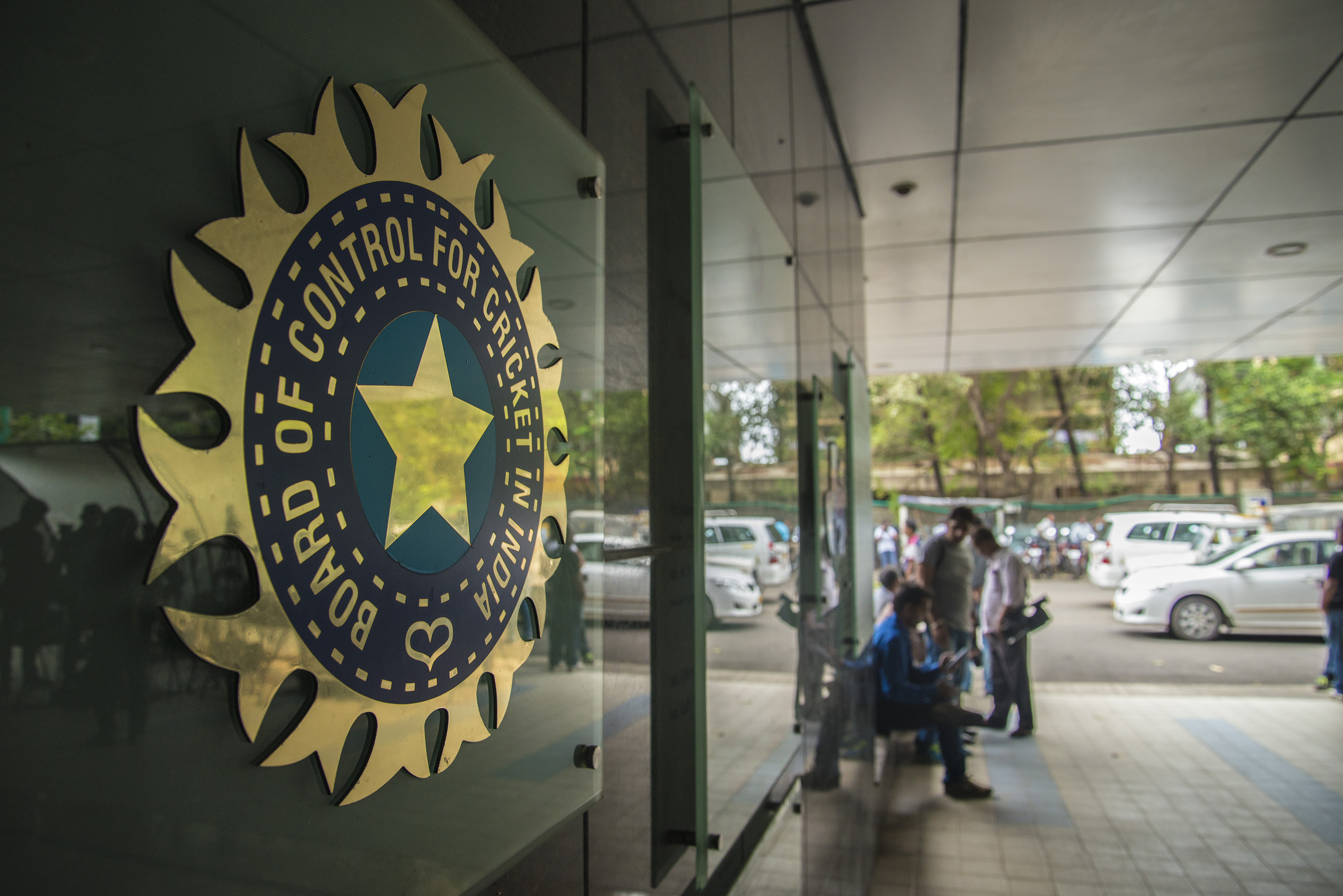Justice RM Lodha disappointed at SC's decision to bring changes to his original reforms
The man behind the Lodha reforms, Justice R.M. Lodha has revealed that he was not at all happy after the recent rulings made by the Supreme Court. Recently, the bench headed by Chief Justice Dipak Misra, has overhauled the ‘cooling-off period’ and the ‘One State one vote policy’.

The Lodha reforms which came into effect way back in 2016 by former CJI of India Justice R.M. Lodha, unveiled the three-man committee's recommendations, which shook the hierarchy of BCCI and its member associations. As a result, the BCCI and various state associations went to the Supreme Court to file a review petition and displayed their grievances and objections to the recommendations.
However, the apex court diluted a few suggestions which were made by the Lodha Committee, which directly affected the clauses related to the ‘Cooling-off period’ and the ‘One State one vote policy’. This, Mr’ Lodha claimed, would affect the very core of the basic reforms passed in 2016.
“Honestly I am disappointed because the very policy has been affected. The dilution allows some officials to continue their domination which we had tried to end.
“They have diluted the reforms which had all been accepted by Supreme Court (on July 18, 2016). The idea was to break the monopoly of office-bearers who have been long in power. Unless they are removed there won’t be space for newcomers. Our reforms were aimed to stop these officials from building their kingdom for six years. The judgement has taken out the foundation stone,” Lodha told The Hindu.
The 68-year old was adamant that it was necessary to lay a strong foundation for a new BCCI constitution as he said, “Such reforms were needed to lay a strong foundation. We had worked very hard, spoken to so many stakeholders connected with the game. It had been a really long and comprehensive exercise. Our reforms had been accepted by the Supreme Court which normally does not make a lot of changes to
Justice Lodha was rather highly critical of the decision made on the ‘one state one vote policy’.
“We wanted to put all States on par because of the tendency in the past to manipulate votes. Western India will now have six votes and people will take control of these votes. Similarly, we did not want the government to play any role in the autonomous body like BCCI. Why should the government have a vote which will be controlled by the concerned ministries? We were not trying to affect the rights of the players. We were trying to eradicate the volume of

Comments
Sign up or log in to your account to leave comments and reactions
0 Comments